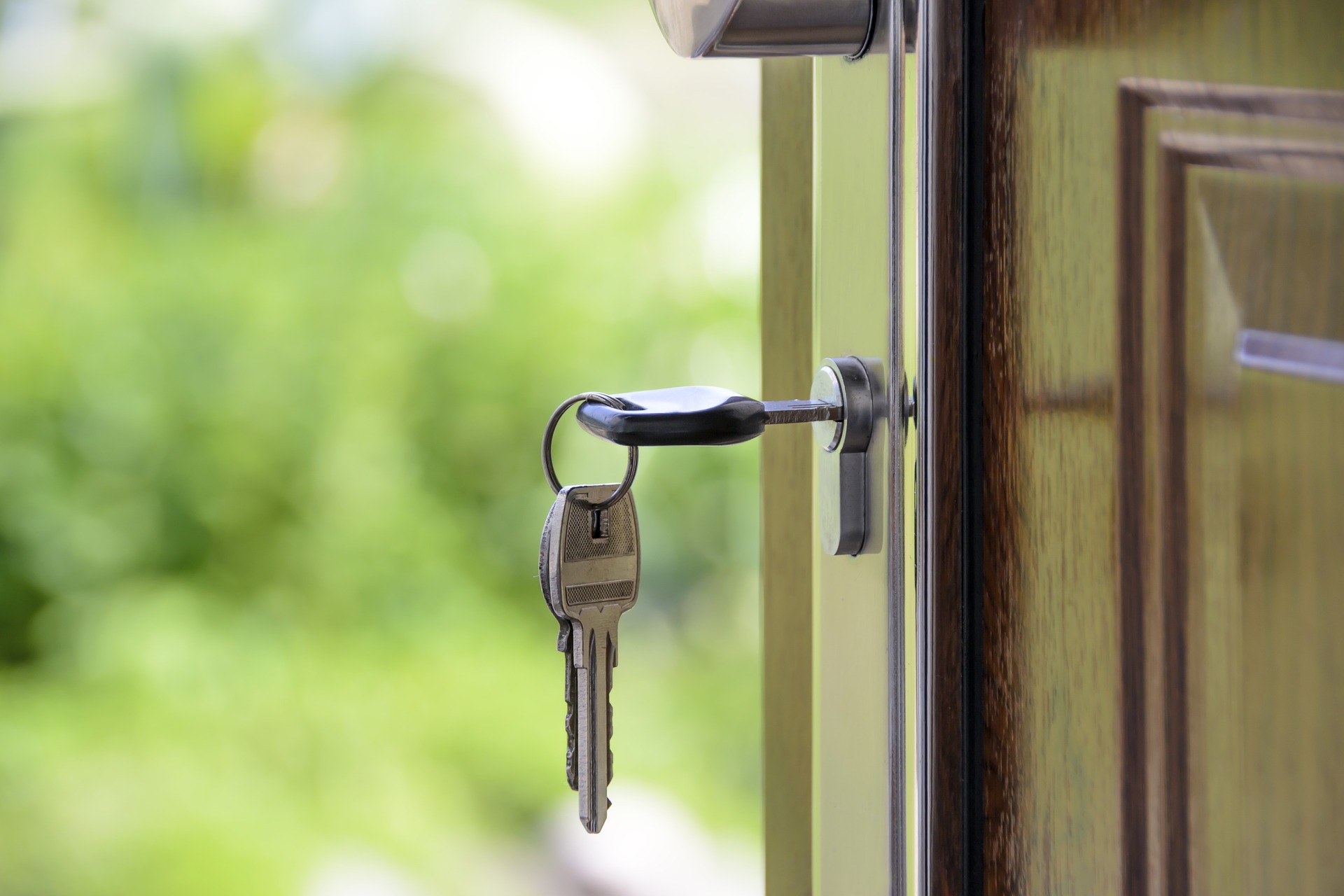
Buying your first home comes with some big decisions, and the process can be overwhelming if you go into it without a good plan. There’s a lot to think about, and the earlier you get started, the better. It’s a good idea to sit down and write out a list of all the things you want in a home, work out what your budget will be, and talk to your partner about any specific wants as well as any deal breakers. This is especially important when it comes to choosing the right home for everyone in the family.
Fortunately, there are some simple ways to plan for your first homebuying experience. The key is to plan well and ask for help from someone who understands the process and who can give you advice, especially if you don’t know much about real estate.
Here are a few tips on how to get started.
Start saving early
Unless you know you’re going to be receiving help with a down payment, it’s a good idea to start saving now. Depending on where you live and the total cost of your home, you may need as much as $10,000 to get started, and that’s on the low end. Many people use their tax refunds to get a jumpstart on savings; you can also use the holidays as a way to request cash gifts. For more information on how to prepare your finances, read on here.
Do some research
Many cities offer first-time homebuyer incentives, which means no down payment or assistance in the form of a special type of home loan. Do some research to find out what the options are in your area, or talk to a real estate agent who can help you figure out which is the best way to go.
Take your future needs into consideration
Your first home should not only meet your current needs, but it should also be everything you’ll need in the near future. If you and your partner or spouse are planning on having children, think about how many rooms you’ll want and the home’s proximity to schools and parks. If you or a family member is living with a disability, consider how easy the home is to maneuver through, or whether the layout may be a hindrance down the road.
Budget, budget, budget
This is the most crucial part of homebuying, mostly because you need to know how much is necessary for the down payment, the closing costs, and the actual move. Go over your finances, and look at how much you earn per month versus how much money goes out for utilities, insurance, and other bills. Think carefully about which areas you might be able to scale down to save money, but don’t go overboard; you need to be realistic. For tips on how to budget for a new home, head to BusyBudgeter.com.
Get pre-approved
Once you’ve found a lender, it’s a good idea to get your approval in writing. Knowing how much you can afford to spend on a home is a great way to get started with the house hunt, but it will also help give you credibility to the seller and possibly give you the upper hand over other potential buyers.
Buying a home is a lot of work, and it can be a stressful undertaking. It’s important to remember not to get in over your head and to ask for help from a professional when it’s time to buy so that you have all the information you need. Talk to a friend or family member who’s been through it so you can get the best advice on how to proceed, and give yourself a leg up by getting pre-approved. Having a solid foundation for buying a home paves the way for you to find the house of your dreams and puts you closer to reaching your homeownership goal.
Photo via Pixabay
